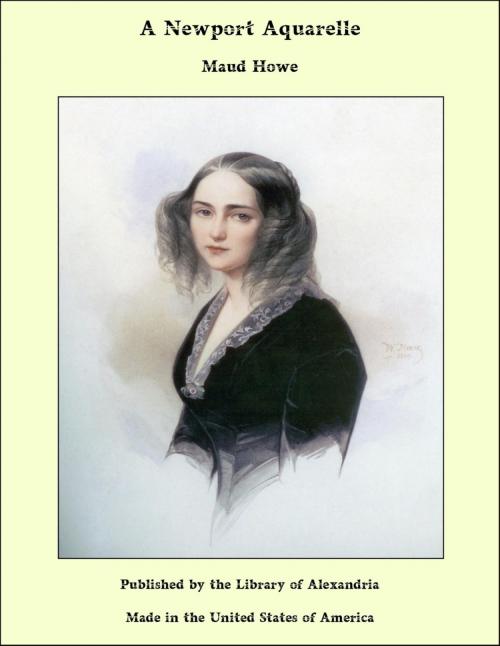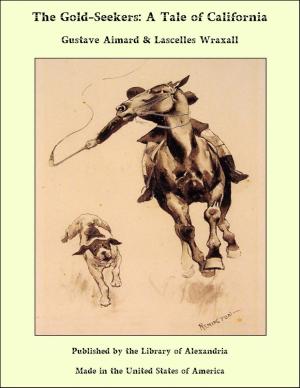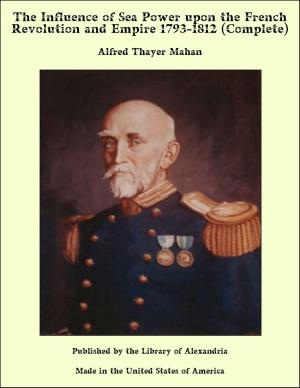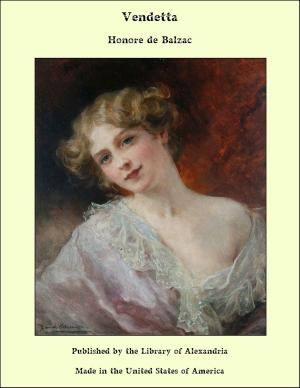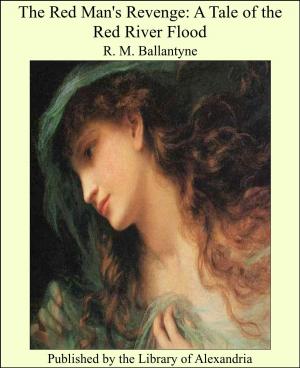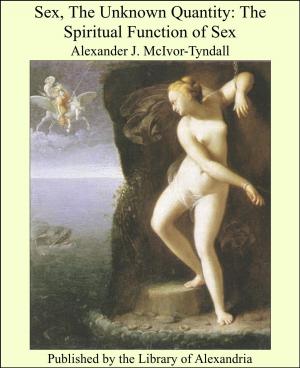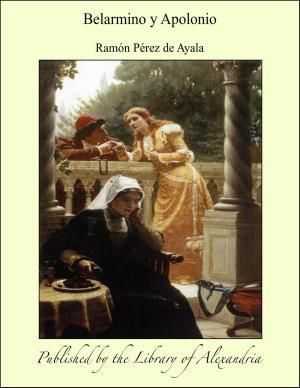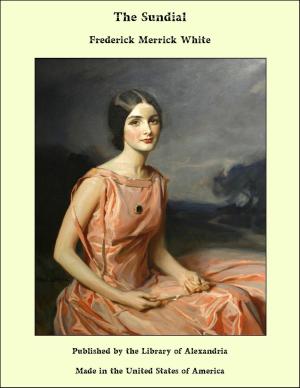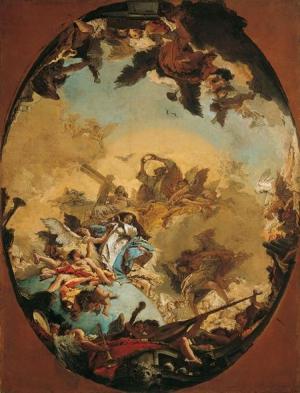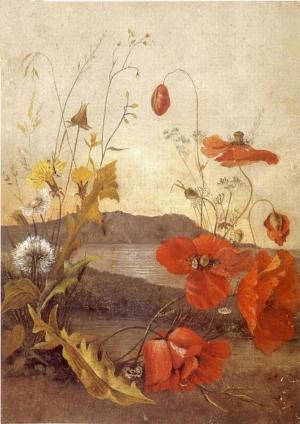| Author: | Maud Howe | ISBN: | 9781465614018 |
| Publisher: | Library of Alexandria | Publication: | March 8, 2015 |
| Imprint: | Language: | English |
| Author: | Maud Howe |
| ISBN: | 9781465614018 |
| Publisher: | Library of Alexandria |
| Publication: | March 8, 2015 |
| Imprint: | |
| Language: | English |
The speakers were seated in the long crescent-shaped corridor of the Newport Casino. The hands of the quaint golden clock on the tower of the outer courtyard pointed to the hour of twelve. It was mid-day, and all the fashionable world of Newport was gathered within the aristocratic enclosure just named. Some of the more energetic people were playing lawn tennis in the fine grounds of the inner courtyard, which separates the semi-circle of the open corridor from the theatre and racket court. Others were lunching luxuriously in the well-appointed restaurant, and a few of the more serious-minded butterflies were sitting in the comfortable reading-room, where ladies, as well as gentlemen, are admitted to read the news, and write their impressions of the place to their less fortunate friends and relatives, broiling in town or rusticating in Maine. But the great crowd of people were assembled in the open corridor, listening to the music of the band, which at that moment was playing the exhilarating strains of the "Merry War." Seated on either side was a double row of people, who laughed and chatted with each other, criticising the less fortunate late-comers who had found no seats, these last having no other resource than to walk up and down between the two rows of well-dressed men and women. The most popular of the ladies held little courts of their own at different points of the corridor, and were surrounded by circles of men, of whom they spoke to their husbands as friends, to their lady acquaintances as beaux. The lady who had promised to stop Miss Carleton as she passed by, had succeeded in securing for herself a seat close to the steps which led down from the corridor to the tennis courts,—a veritable coigne of vantage, from whence every eligible man who passed up or down the steps could be arrested by a smile or a word. She had hurried her toilet in order to be early on the ground and make sure of the coveted spot. It was not to be wondered at that she was not in haste to surrender it, in order to oblige Mr. Cuthbert Larkington by an introduction to Gladys Carleton. She did not intend to surrender either her seat or her cavalier, for Larkington was certainly the most stylish-looking man in the whole Casino, and was, besides, sure to become the lion of the season. He had arrived in Newport only the day before, bringing a letter to Mrs. Fallow-Deer. He had been told that the only thing necessary to open all doors in that exclusive society to an Englishman was the patronage of this distinguished lady. Mrs. Fallow-Deer had a right to the high position she held in Newport society. She was by birth a Van Schuylkill, of New York, and belonged to one of the old Dutch families, who had always stood well in Manhattan, since the days when their ancestor, Peter Van Schuylkill, came out among the earliest settlers. In her youth Miss Van Schuylkill had accompanied her father to England, whither he had been sent as American Minister, and while there she had been sought in marriage by Mr. Fallow-Deer, an English gentleman, of large fortune. After thirty years of wedded life in the mother country, Mrs. Fallow-Deer had returned to the home of her youth, a widow, and a very rich woman. She had soon made her house in New York one of the most attractive in the city. A social leader she was born to be, always had been, and was likely to die in harness. She had certain eccentricities, but was essentially conventional in thought and conversation; she had talked so much society talk that it was impossible for her to doff her worldly manner and her social vernacular, which she carried into her most intimate domestic life. From her long residence in England, she had come to be considered by the men and women of her set as a sort of oracle of les convenances.
The speakers were seated in the long crescent-shaped corridor of the Newport Casino. The hands of the quaint golden clock on the tower of the outer courtyard pointed to the hour of twelve. It was mid-day, and all the fashionable world of Newport was gathered within the aristocratic enclosure just named. Some of the more energetic people were playing lawn tennis in the fine grounds of the inner courtyard, which separates the semi-circle of the open corridor from the theatre and racket court. Others were lunching luxuriously in the well-appointed restaurant, and a few of the more serious-minded butterflies were sitting in the comfortable reading-room, where ladies, as well as gentlemen, are admitted to read the news, and write their impressions of the place to their less fortunate friends and relatives, broiling in town or rusticating in Maine. But the great crowd of people were assembled in the open corridor, listening to the music of the band, which at that moment was playing the exhilarating strains of the "Merry War." Seated on either side was a double row of people, who laughed and chatted with each other, criticising the less fortunate late-comers who had found no seats, these last having no other resource than to walk up and down between the two rows of well-dressed men and women. The most popular of the ladies held little courts of their own at different points of the corridor, and were surrounded by circles of men, of whom they spoke to their husbands as friends, to their lady acquaintances as beaux. The lady who had promised to stop Miss Carleton as she passed by, had succeeded in securing for herself a seat close to the steps which led down from the corridor to the tennis courts,—a veritable coigne of vantage, from whence every eligible man who passed up or down the steps could be arrested by a smile or a word. She had hurried her toilet in order to be early on the ground and make sure of the coveted spot. It was not to be wondered at that she was not in haste to surrender it, in order to oblige Mr. Cuthbert Larkington by an introduction to Gladys Carleton. She did not intend to surrender either her seat or her cavalier, for Larkington was certainly the most stylish-looking man in the whole Casino, and was, besides, sure to become the lion of the season. He had arrived in Newport only the day before, bringing a letter to Mrs. Fallow-Deer. He had been told that the only thing necessary to open all doors in that exclusive society to an Englishman was the patronage of this distinguished lady. Mrs. Fallow-Deer had a right to the high position she held in Newport society. She was by birth a Van Schuylkill, of New York, and belonged to one of the old Dutch families, who had always stood well in Manhattan, since the days when their ancestor, Peter Van Schuylkill, came out among the earliest settlers. In her youth Miss Van Schuylkill had accompanied her father to England, whither he had been sent as American Minister, and while there she had been sought in marriage by Mr. Fallow-Deer, an English gentleman, of large fortune. After thirty years of wedded life in the mother country, Mrs. Fallow-Deer had returned to the home of her youth, a widow, and a very rich woman. She had soon made her house in New York one of the most attractive in the city. A social leader she was born to be, always had been, and was likely to die in harness. She had certain eccentricities, but was essentially conventional in thought and conversation; she had talked so much society talk that it was impossible for her to doff her worldly manner and her social vernacular, which she carried into her most intimate domestic life. From her long residence in England, she had come to be considered by the men and women of her set as a sort of oracle of les convenances.
